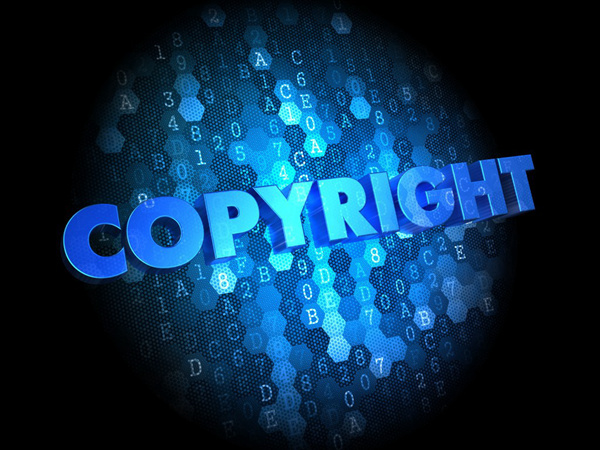Meta Faces Largest AI Training Data Infringement Case in History! Illegal Use of 2,396 Films Leads to $359 Million Lawsuit
-
The debate over the legality of AI training data has erupted into a legal storm that has shaken Silicon Valley. A lawsuit recently filed in a California court has placed global tech giant Meta at the center of a heated controversy. The joint lawsuit by two adult film production companies, Strike3 and Counterlife Media, not only exposes the murky practices behind AI training data acquisition but also sounds an alarm for copyright protection across the tech industry with a staggering $359 million damages claim.
The core allegations of the lawsuit are shocking. Court documents reveal that Meta has knowingly downloaded copyrighted film content from pirated sources since 2018, involving at least 2,396 works. These illegally obtained videos were used to train various AI systems, including Meta's Movie Gen video generation model and LLaMA language model, providing crucial data support for the company's AI development.
Even more surprising is how Meta obtained this content. The lawsuit details that Meta didn't merely download pirated material but actively utilized BitTorrent file-sharing technology for large-scale illegal content acquisition. The unique aspect of this P2P method is that downloaders simultaneously become content distributors, spreading the same files to other users via 'torrent' technology.

Meta's choice of this download method was no accident. The core advantage of the BitTorrent protocol lies in its distributed download mechanism, which significantly improves transfer speeds for large files—a critical feature for AI training projects handling massive video datasets. However, this also means Meta wasn't just a passive content receiver but an active distributor of pirated material, amplifying the severity of its actions.
The plaintiffs' legal team emphasized in the complaint that Meta had multiple lawful alternatives to obtain training data, such as purchasing copyright licenses or adjusting download settings to avoid distribution. Yet, the company opted for the most controversial approach, persistently engaging in illegal downloads and distribution—a pattern demonstrating willful infringement.
This lawsuit isn't an isolated incident but the latest flashpoint in AI copyright disputes. Previously, several prominent authors sued Meta for using copyrighted literary works without permission to train AI models. Notably, during those proceedings, Meta admitted to sourcing training data from pirated materials—an acknowledgment that now strengthens the current case against it.
Strike3's role in this lawsuit carries symbolic significance. As one of America's most active copyright enforcers, the company has traditionally focused on suing individual pirates through mass litigation. Its decision to target Meta signals a strategic shift, expanding copyright protection efforts to confront AI-era challenges at the corporate level.
The $359 million damages claim, while enormous, follows clear calculations. Under U.S. copyright law, statutory damages can reach up to $150,000 per infringed work. With 2,396 films involved, the total potential liability approaches this figure—a reflection of the law's strict stance on bulk infringement.
For Meta, the implications extend far beyond financial losses. As a global tech leader with massive AI investments, the quality of its training data directly impacts product competitiveness. A court ruling against its data acquisition methods could force a complete overhaul of its AI training strategy.
At a deeper level, this case may mark a turning point for copyright norms in the AI industry. As demand for training data explodes alongside rapid AI advancements, existing copyright frameworks struggle to keep pace. The outcome of Meta's case could set a critical legal precedent for data usage standards industry-wide.
While Meta hasn't formally responded, analysts anticipate a prolonged legal battle. Regardless of the verdict, the lawsuit sends a clear message to all AI companies: technological progress must not come at the expense of copyright compliance, lest they face severe legal and financial consequences.
As AI becomes central to global competitiveness, balancing innovation with copyright protection emerges as a societal imperative. Meta's case will undoubtedly provide valuable insights for navigating this complex challenge.
